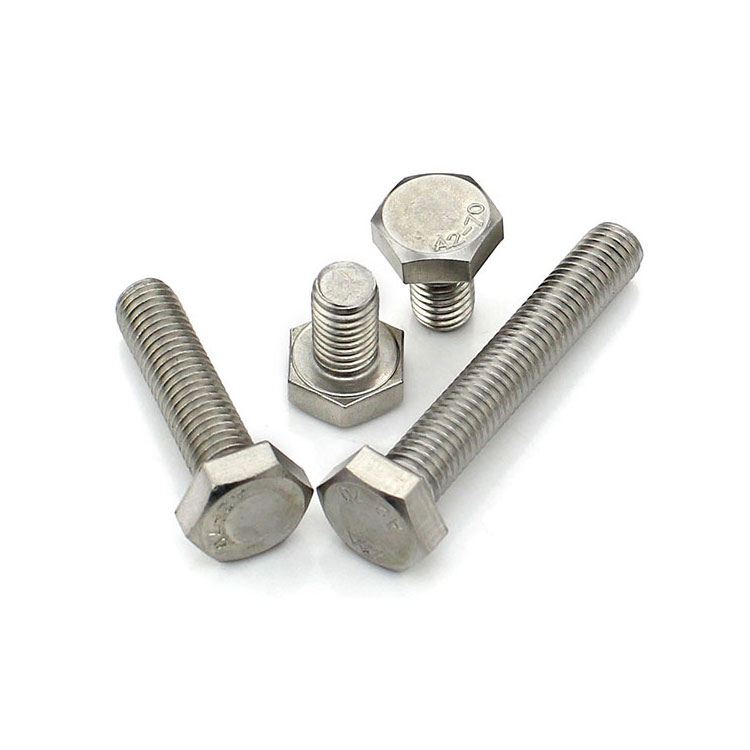Carbon steel bolts are widely used in modern construction and assembly due to their strength, durability, and cost-effectiveness compared to materials like stainless steel. They are employed across various industries, including construction, manufacturing, automotive, and infrastructure. These bolts have excellent corrosion resistance and can be applied in diverse situations. Different grades of carbon steel bolts are available, each with specific mechanical properties tailored to specific applications.

Importance of Carbon Steel Bolt Grades
Carbon steel bolts come in various grades designed based on application conditions and requirements. Each grade represents different mechanical properties such as tensile strength, yield strength, and hardness. Choosing the right performance ensures the success of the bolt in the assembly.
Common Carbon Steel Bolt Grades
Carbon steel bolt grades are modified based on manufacturing standards and specific application requirements. There are various types of carbon steel bolt grades, but the following are the most common:
Grade 2 - Low Carbon Steel:
Grade 2 carbon steel bolts have the lowest carbon content and are the most basic type with a minimum tensile strength of 55,000 psi and a minimum yield strength of 57,000 psi. This grade is typically used for general purposes like woodworking, construction, and automotive assembly where high strength is not required.
Grade 5 - Medium Carbon Steel:
This grade of carbon steel bolts contains a moderate amount of carbon, making them slightly stronger than Grade 2. It has a minimum tensile strength of 85,000 psi and a minimum yield strength of 92,000 psi. Grade 5 carbon steel bolts are often heat-treated to increase their hardness and tensile strength, making them suitable for mechanical, automotive components, and structural assembly.
Grade 8 - High Carbon Steel:
Grade 8 carbon steel bolts contain a high carbon content and are suitable for high-demanding applications in various fields. They have a minimum tensile strength of 120,000 psi and a minimum yield strength of 130,000 psi. This grade undergoes various heat-treatment processes to achieve excellent tensile strength and hardness. They are typically used in heavy machinery and high-strength applications in structural assembly.
Factors to Consider When Choosing Carbon Steel Bolt Grades
When selecting the appropriate carbon steel bolt grade, it's essential to consider the following important factors:
- Size: Larger carbon steel bolts have greater strength and higher grades.
- Corrosion Resistance: In the presence of corrosion elements in different environments, the appropriate grade of carbon steel bolts should be able to withstand these conditions. Additional coating treatments can also be applied to enhance their corrosion resistance performance.
- Yield Strength: This is the load at which the bolt begins to deform plastically in an application and can be determined through a series of tests.
- Tensile Strength: This is the maximum load-bearing capacity of carbon steel bolts. It determines the durability and strength level of the bolt before it fractures.